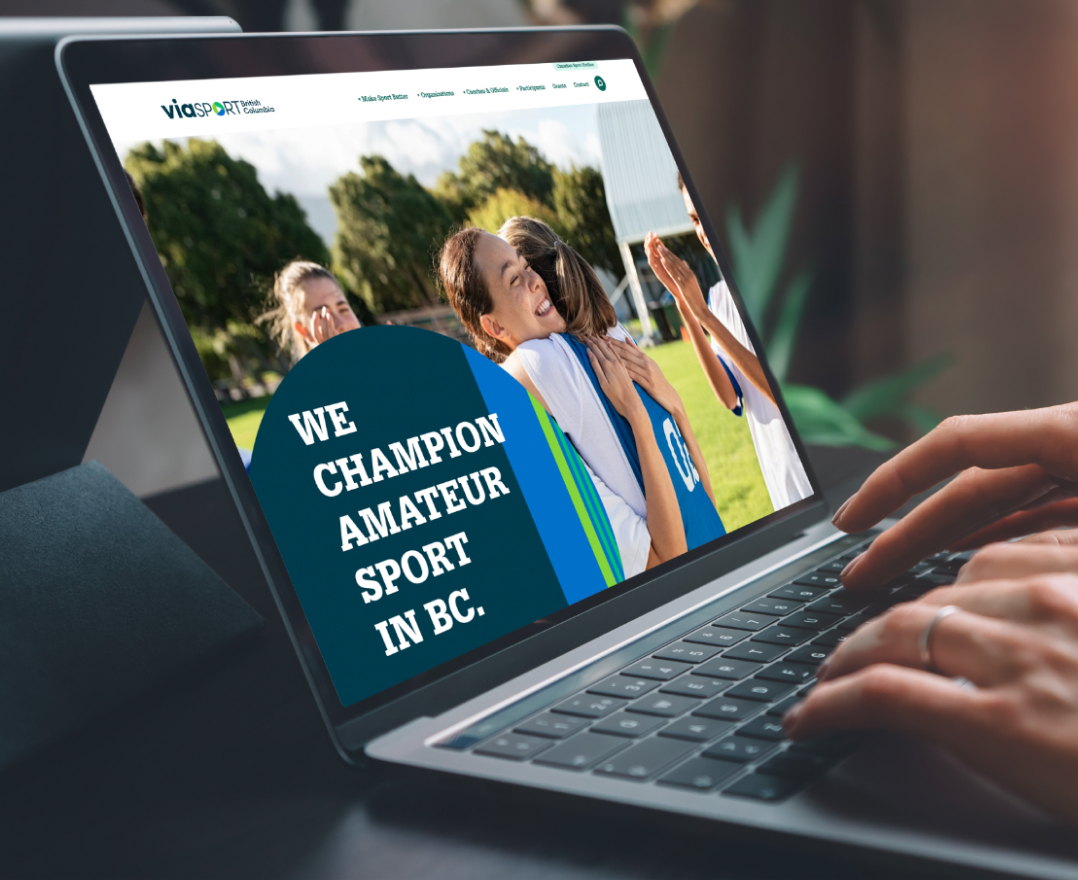Physical Literacy
Physical literacy builds fundamental movement, confidence, and motivation to make physical activity enjoyable and cherished for life. People who are physically literate perform better in sports and other activities. viaSport collaborates with health, education, sport, and recreation providers to make sport better through the development of physical literacy.

Why is Physical Literacy important?
Physical literacy is not just about being physically active. It is understanding and appreciating movement and the benefits of activity. It involves developing the knowledge and skills to make informed decisions and engage in physical activity for life.
Physical literacy is the foundation of lifelong physical and mental health. It helps athletes prevent injuries by developing proper movement mechanics. Physically literate athletes are more likely to enjoy sports and physical activity for the long term.
viaSport collaborates with health, education, sport, and recreation providers to make sport better though the development of physical literacy. Partner with us to make more British Columbians active for life!

Elements of Physical Literacy
Motivation and Confidence (Affective)
Enthusiasm, enjoyment, and self-assurance in physical activity are an integral part of life.
Knowledge and Understanding (Cognitive)
The ability to identify the qualities of proper movement, understand the benefits of an active lifestyle, and appreciate safety in a variety of settings.
Physical Competence (Physical)
Developing movement skills and capacity for varied intensity and duration enables participation in a wide range of activity.
Engagement in Physical Activities for Life (Behavioural)
Taking responsibility for physical literacy by choosing a lifestyle of regular activity and personal challenge.
Long Term Development Framework
Science, research, and decades of experience all agree: Kids and adults will get active, stay active, and achieve more in sport if they do the right things at the right time.
The Long Term Development framework optimizes training, competition, and recovery in every stage of athletic development.

Elements of Physical Literacy
Awareness and First Involvement
The Awareness and First Involvement pre-stages introduce people to sport and physical activity. The aim is to make a participant’s critical first experience a positive one.
Active Start, FUNdamentals, and Learn to Train
The Active Start, FUNdamentals, and Learn to Train stages develop physical literacy before puberty so children have the basic skills for activity. This provides the foundation to pursue elite training in a chosen activity after age 12.
Train to Train, Train to Compete, and Train to Win
The Train to Train, Train to Compete, and Train to Win stages provide elite training for specialization in one sport at the highest level. Emphasis is on the maximum physical, mental, and emotional development of each athlete.
Active for Life
The Active for Life stage promotes lifelong participation in competitive or recreational activities.









